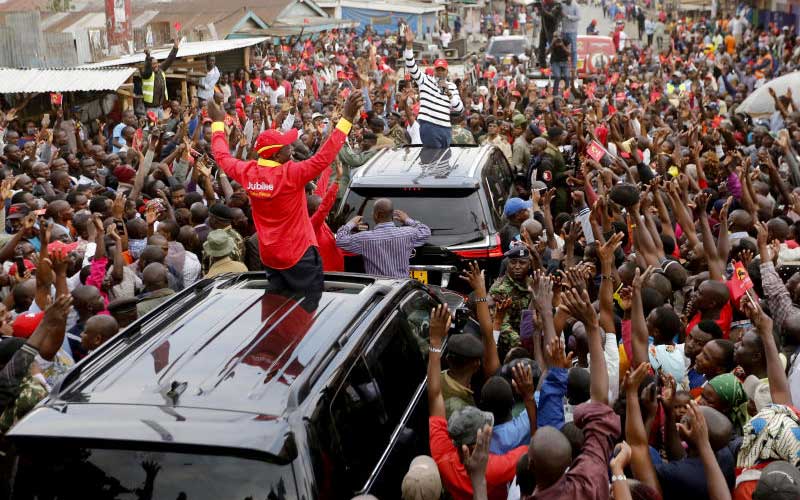×
The Standard e-Paper
Stay Informed, Even Offline

I was surprised reading the glowing analyses of the Kanu era by two veteran and reasonable journalists. They are entitled to their opinion, but as people who are major influencers of opinions, it does behoove them to get the fundamentals right, especially as they are in — theoretically — non-partisan media.
Make no mistake: The current UhuRuto regime is the worst we have had. Though well educated, articulate, urbane and quite exposed to global trends and influences, its level of selfishness and callousness is astounding.